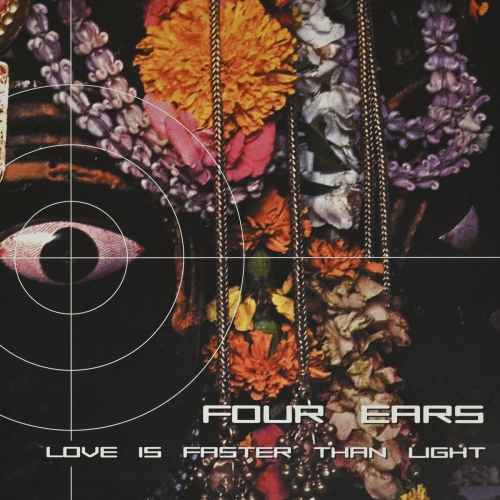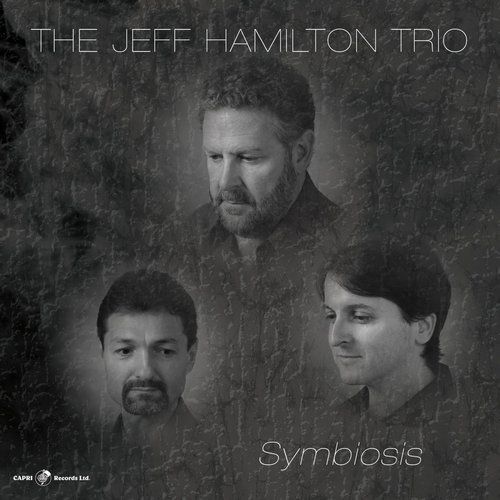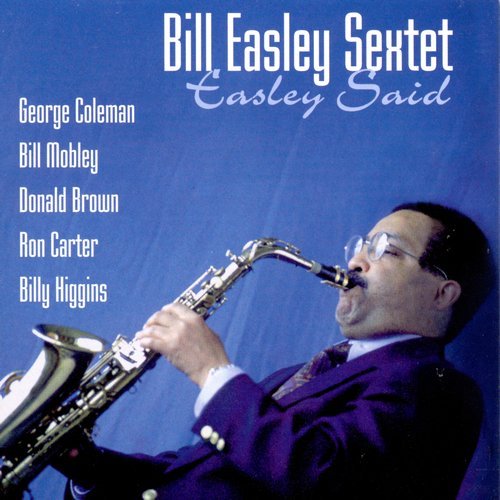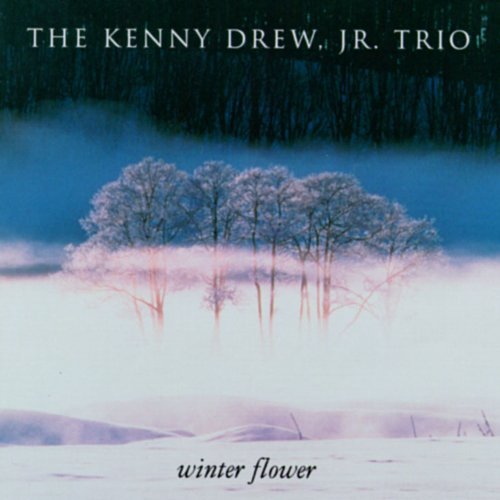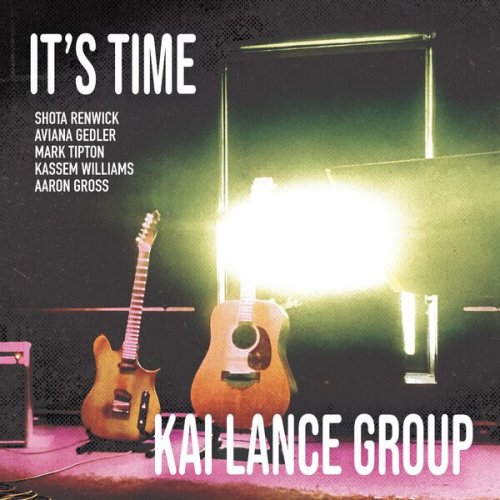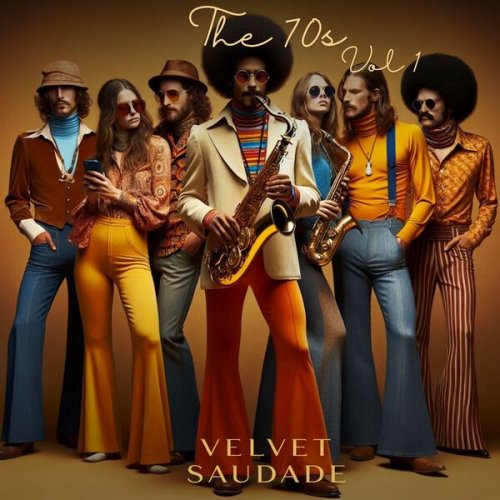Dakota Staton - Abracadabra (2019) [Hi-Res]
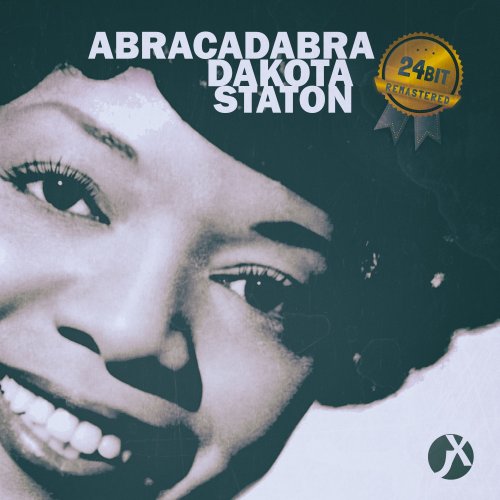
Artist: Dakota Staton
Title: Abracadabra
Year Of Release: 2019
Label: Jazz Extension
Genre: Jazz, Soul
Quality: FLAC (tracks) [44.1kHz/24bit]
Total Time: 43:29
Total Size: 457 MB
WebSite: Album Preview
Tracklist:Title: Abracadabra
Year Of Release: 2019
Label: Jazz Extension
Genre: Jazz, Soul
Quality: FLAC (tracks) [44.1kHz/24bit]
Total Time: 43:29
Total Size: 457 MB
WebSite: Album Preview
01 Abracadabra (24 Bit Remastered)
02 Say It Ain't So, Joe (24 Bit Remastered)
03 Detour Ahead (24 Bit Remastered)
04 A Dangerous Age (24 Bit Remastered)
05 Morning, Noon or Night (24 Bit Remastered)
06 My Heart's Delight (24 Bit Remastered)
07 I Hear Music (24 Bit Remastered)
08 How Does It Feel (24 Bit Remastered)
09 The Nearness of You (24 Bit Remastered)
10 Porgy (24 Bit Remastered)
11 So in Love (24 Bit Remastered)
12 For the Rest of My Life (24 Bit Remastered)
13 Don't Mean Maybe (24 Bit Remastered)
14 In the Night (24 Bit Remastered)
15 The Party's Over (24 Bit Remastered)
16 A Little You (24 Bit Remastered)
17 (I'm Left with The) Blues in My Heart (24 Bit Remastered)
Described by influential critic Leonard Feather as "a dynamic song stylist recalling at times elements of Dinah Washington and Sarah Vaughan," Dakota Staton never enjoyed the widespread acclaim or commercial success of her reference points, but remains one of the soulful and commanding jazz singers of the postwar era. Born outside of Pittsburgh on June 3, 1930, Staton began singing and dancing as a child, later attending the Filion School of Music. At 16, she starred in the stage show Fantastic Rhythm and two years later joined local bandleader Joe Wespray. From there, Staton headlined a lengthy residency at Detroit's landmark Flame Show Bar, followed by years traveling the Midwest club circuit. Eventually she settled in New York City, and while performing at Harlem's Baby Grand she captured the attention of Capitol Records producer Dave Cavanaugh, who extended a contract offer. Staton's debut single, "What Do You Know About Love?," appeared in 1954, and a year later she claimed jazz magazine Down Beat's Most Promising Newcomer award. By no means strictly a jazz act, however, she was also a bold, brassy R&B singer and performed alongside Big Joe Turner and Fats Domino at legendary disc jockey Alan Freed's first Rock 'n' Roll Party showcases. Freed regularly played Staton's "My Heart's Delight" on his daily WINS show, and when long-awaited full-length debut The Late, Late Show finally hit retail in 1957, it proved an enormous crossover hit, peaking at number four on the Billboard pop charts. Its 1958 follow-up, The Dynamic Dakota Staton!, reached the number 22 spot and more importantly heralded the beginning of her long collaboration with arranger and conductor Sid Feller.
Dakota at Storyville After marrying trumpeter Talib Ahmad Dawud in 1958, Staton converted to Islam and for a time performed under the name Aliyah Rabia. She was also an active member of Dawud's advocacy group the Muslim Brotherhood, which existed in large part to combat the radical politics of black supremacist Elijah Muhammad. The Muslim Brotherhood found itself the center of controversy when Muhammad claimed "they should be ashamed of trying to make fun of me and my followers while serving the devil in the theatrical world." The resulting media attention undermined Staton's commercial momentum, and while 1959's Crazy He Calls Me still charted, she never again enjoyed the crossover success that greeted her previous records. After ten Capitol dates, culminating in 1961's live Dakota at Storyville, she jumped to United Artists for 1963's From Dakota with Love. After two more UA sessions, Live and Swinging and Dakota Staton with Strings, she exited the label and did not cut another record for eight years. Upon relocating to Britain in 1965, Staton worked hotels and cruise ships, and was largely forgotten by the time she returned to the U.S. in the early '70s, signing to Groove Merchant and cutting the 1972 comeback attempt Madame Foo Foo with soul-jazz great Richard "Groove" Holmes. Sessions for Muse and Simitar followed, and in 1999 she signed with High Note for her final studio date, A Packet of Love Letters. Staton's health declined slowly but steadily in the years to follow, and she died April 10, 2007, at the age of 76. ~ Jason Ankeny
Dakota at Storyville After marrying trumpeter Talib Ahmad Dawud in 1958, Staton converted to Islam and for a time performed under the name Aliyah Rabia. She was also an active member of Dawud's advocacy group the Muslim Brotherhood, which existed in large part to combat the radical politics of black supremacist Elijah Muhammad. The Muslim Brotherhood found itself the center of controversy when Muhammad claimed "they should be ashamed of trying to make fun of me and my followers while serving the devil in the theatrical world." The resulting media attention undermined Staton's commercial momentum, and while 1959's Crazy He Calls Me still charted, she never again enjoyed the crossover success that greeted her previous records. After ten Capitol dates, culminating in 1961's live Dakota at Storyville, she jumped to United Artists for 1963's From Dakota with Love. After two more UA sessions, Live and Swinging and Dakota Staton with Strings, she exited the label and did not cut another record for eight years. Upon relocating to Britain in 1965, Staton worked hotels and cruise ships, and was largely forgotten by the time she returned to the U.S. in the early '70s, signing to Groove Merchant and cutting the 1972 comeback attempt Madame Foo Foo with soul-jazz great Richard "Groove" Holmes. Sessions for Muse and Simitar followed, and in 1999 she signed with High Note for her final studio date, A Packet of Love Letters. Staton's health declined slowly but steadily in the years to follow, and she died April 10, 2007, at the age of 76. ~ Jason Ankeny
![Jacob Anderskov - Vinterstemmer (2026) [Hi-Res] Jacob Anderskov - Vinterstemmer (2026) [Hi-Res]](https://www.dibpic.com/uploads/posts/2026-02/1771036914_d0s5qxbxc5g5l_600.jpg)

